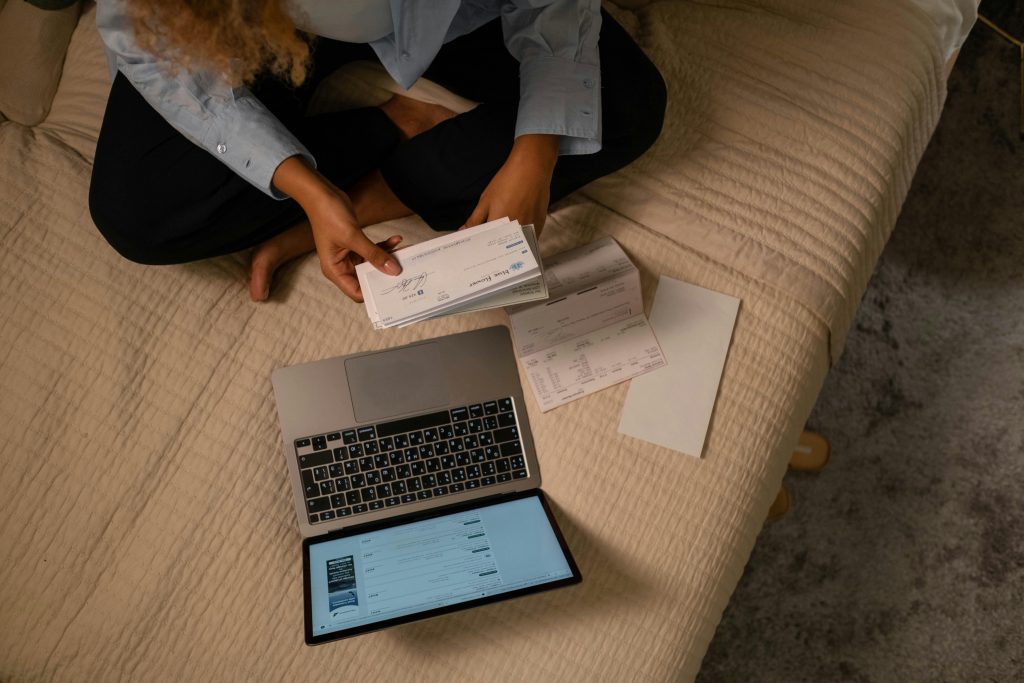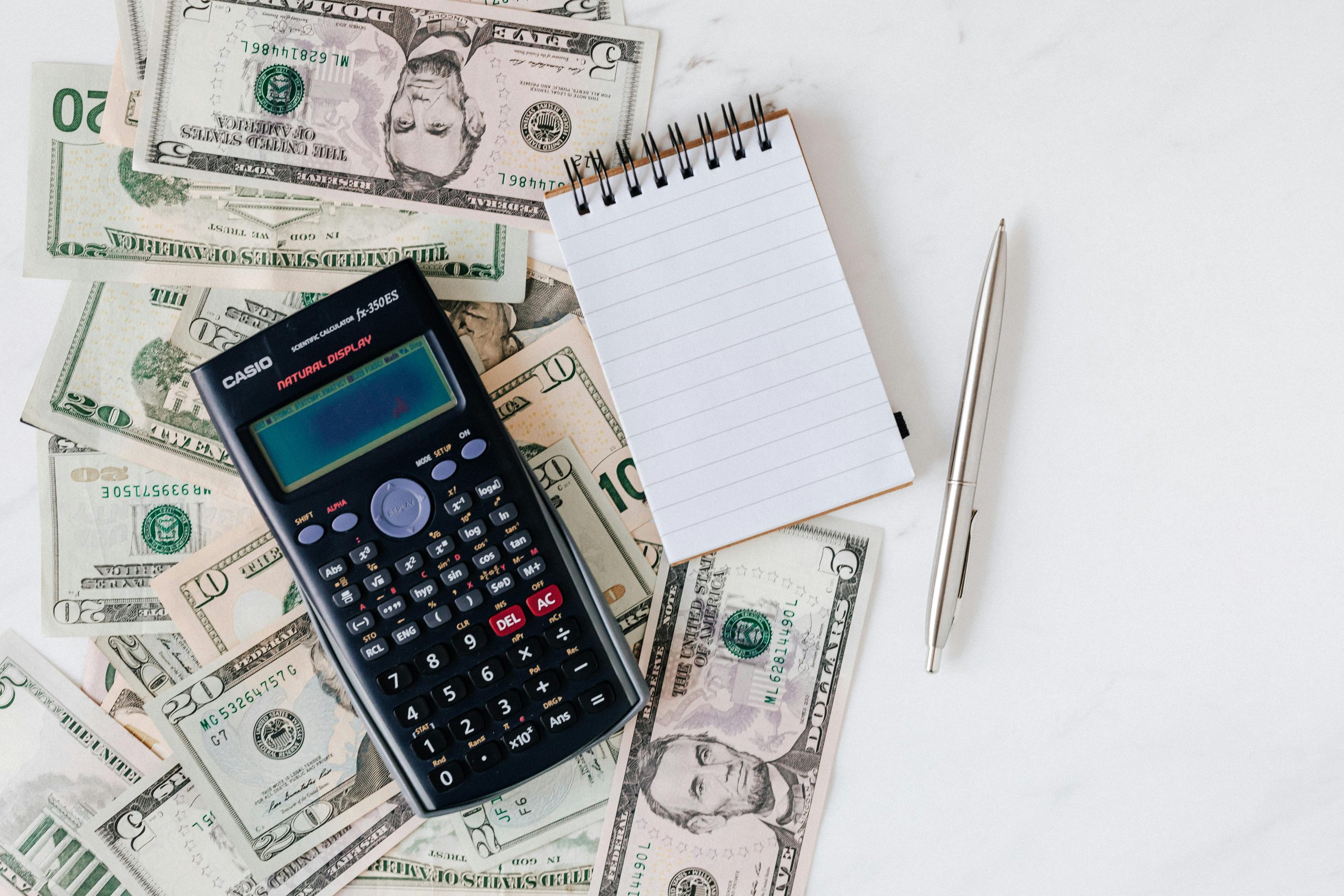Top Budgeting Apps RV Travelers Actually Use in 2025
When you’re living full-time on the road, every dollar counts. Between fluctuating gas prices, campground fees, grocery stops, and those irresistible roadside attractions, managing your RV budget can feel like a second job. I learned that the hard way during our first winter in Arizona—we overspent by nearly $800 in a single month and couldn’t even explain how.
That moment was a wake-up call. We needed a budgeting apps system that worked for life on wheels. Spoiler alert: spreadsheets weren’t cutting it. That’s when we turned to apps, and our entire approach to travel finances changed.
Why Budgeting Matters When You Live on the Road
Unlike traditional living where most expenses are fixed—rent, utilities, internet—RV life is unpredictable. One month, you’re dry camping in the desert for free. The next, you’re shelling out $1,200 for RV park fees in Florida. Costs fluctuate constantly, and without a budgeting strategy, you can easily burn through savings.
This unpredictability is exactly why more and more travelers are researching what budgeting apps do RV customers use to manage their lifestyle efficiently. The right app not only tracks your money, but also helps you plan ahead, adapt quickly, and stay stress-free—even when things go off the rails.
Top Budgeting Apps RVers Swear By
There’s no one-size-fits-all solution, but after years of life on the road and dozens of conversations around campfires, these are the budgeting apps that consistently rise to the top:
- TravelSpend – Built for travelers, this app supports offline use, multiple currencies, and intuitive expense tracking. You can categorize by trip, see real-time breakdowns, and even split costs with fellow travelers.
- GoodBudget – Based on the envelope budgeting system. It doesn’t require bank syncing and is great for people who prefer manual entry and want complete control over their data.
- Mint – Offers automatic transaction tracking by syncing with your bank accounts. While it’s not designed specifically for RVers, it’s powerful for big-picture planning and monthly overviews.
- YNAB (You Need A Budget) – A favorite among RV families who like to budget every single dollar. It requires a learning curve, but for disciplined travelers, it’s unbeatable in tracking and forecasting.
- EveryDollar – Ideal for those following Dave Ramsey’s budgeting philosophy. Simple to use and focused on intentional spending.
Each has its strengths depending on whether you’re solo, a couple, or a family traveling full-time. Test a few and see what aligns with your habits and tech comfort level.
What Real RVers Are Saying
We asked RVers across Facebook groups and forums like iRV2 and RVillage what they use—and why.
“TravelSpend saved our butts in Baja,” said Jack, a nomad who’s been on the road since 2020. “It worked offline, tracked pesos, and helped us cut down overspending by 30%.”
Lisa and Greg, a retired couple we met in New Mexico, told us they switched from spreadsheets to GoodBudget after missing a few key expenses: “We finally understood where our gas money was going. Manual entry actually made us more mindful.”
As for us? We started with Mint, then shifted to YNAB for its long-term projection features. My partner prefers logging everything herself, so we now use GoodBudget as well. Yes, we use two apps. It’s nerdy—but it works for us.
How to Get the Most Out of Your Budgeting App
Picking an app is only the first step. The real magic comes from how you use it:
- Be consistent: Log expenses daily, especially fuel and grocery receipts. It only takes five minutes but saves hours of confusion later.
- Use categories that reflect RV life: Think “campgrounds,” “dump fees,” “propane,” “WiFi boosters,” and “laundry.” Default app categories rarely reflect nomadic living.
- Take advantage of notes: Add context. “$42 gas—middle of nowhere, Arizona. Ouch.” You’ll appreciate the detail later.
- Download data monthly: Export your expenses into Google Sheets. It’s the easiest way to spot patterns and tweak your future trips.
- Involve your partner: If you’re traveling as a couple, budgeting should be a team sport. Weekly check-ins work wonders.
Budgeting apps offline Capabilities Matter More Than You Think
One thing many new RVers overlook: connectivity. You’ll hit dead zones. If your budgeting app relies entirely on a signal, you could find yourself unable to log expenses for days. That’s why apps like TravelSpend shine—they work offline and sync later.
Pro tip: Keep paper backups of high-cost expenses or use voice memos when your phone can’t connect. “Expense log, Day 3. $76.43 diesel. Stopped near Boise, truck stop tacos were not worth it.” It sounds silly, but these little hacks help keep your data complete.

Tips for Building Financial Habits on the Road
Budgeting apps are tools—but your habits are what keep you financially healthy. These small rituals make a big difference:
- Do a weekly budget review every Sunday night, preferably with a beer or tea in hand.
- Round up purchases to the nearest dollar. You’ll build a surprise cushion over time.
- Track cost-per-night for camping. Knowing you spent $23/night over a month is powerful data.
- Budget for breakdowns. RVs aren’t IF they’ll break—it’s WHEN.
We budget about 15% of every month’s income as an emergency fund. One blown water pump later, we were glad we did.
Free Tools and Resources to Go Further
Want more than just apps? Check out resources like Consumer.gov for simple budgeting tips, or RV finance YouTube channels that walk you through cost-saving strategies. Some even review apps side-by-side and offer spreadsheets tailored for nomads.
Also, look into memberships like Escapees or Boondockers Welcome—they often have budgeting and financial webinars designed specifically for the RV community.
Final Thoughts: Your Budget, Your Journey
RV life is freeing, unpredictable, and sometimes a little chaotic. But when your finances are under control with some budgeting apps, you enjoy the ride more—plain and simple. Budgeting doesn’t have to feel restrictive. In fact, we’ve found it to be the opposite: it gives us the freedom to say yes to detours, splurges, and spontaneous side trips—because we know exactly what we’re working with.
So pick a tool. Build a habit. Track your journey—not just in miles, but in dollars too. Your future self (and your bank account) will thank you.
If you want to dive deeper into how credit card security works, check out our guide on what CVV/CVC codes are and how they protect your transactions: What is CVV/CVC on a credit card and why it matters.
Share this content:











Post Comment